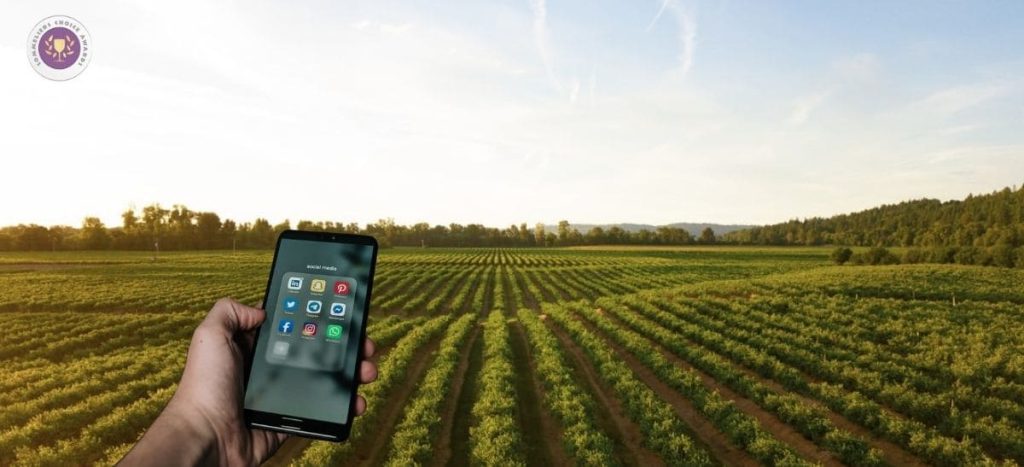Social media play crucial role in enhancing various aspects of agriculture. Let’s delve deeper into some of these benefits:
Knowledge sharing: Farmers can share their experiences, challenges, and successful practices on social media platforms. This facilitates a collaborative learning environment within the agricultural community.
Expert guidance: Farmers can connect with agricultural experts, researchers, and extension services through social media, gaining access to valuable information and advice.
Market access: Social media platforms provide cost-effective way for farmers to showcase their products to a broader audience and reaching potential customers beyond local markets.
Brand building: Farmers can use social media to build a brand identity by sharing their farm’s story, values, and commitment to sustainable practices.
Policy influence: Social media enables farmers to advocate for policies that support agriculture. They can raise awareness about issues affecting the farming community and garner public support.
Debunking myths: Farmers can use social media to dispel myths and educate the public about the realities of modern agriculture by promoting a better understanding of the industry.
Technology transfer: Social media platforms serve as a medium for the rapid dissemination of information about new agricultural technologies and innovations.
Overcoming barriers: Farmers can share their experiences by adopting new technologies, helping others overcome challenges and encouraging widespread adoption.
Peer support: Social media creates a sense of community among farmers, allowing them to support each other, share advice, and discuss common challenges.
Collaborative projects: Farmers can use social media to form collaborative networks for joint projects such as bulk purchasing of inputs or implementing shared agricultural practices.
Price trends: Farmers can use social media to stay informed about market trends and commodity prices, aiding in strategic decision-making regarding planting, harvesting, and selling.
Real-time updates: Social media can be a platform for sharing real-time weather updates and crop conditions, helping farmers make informed decisions about irrigation, pest control, and harvesting.
In conclusion, the use of social media in agriculture goes beyond mere communication; it fosters collaboration, knowledge sharing, and innovation, ultimately contributing to the sustainable growth in the agriculture sector.

